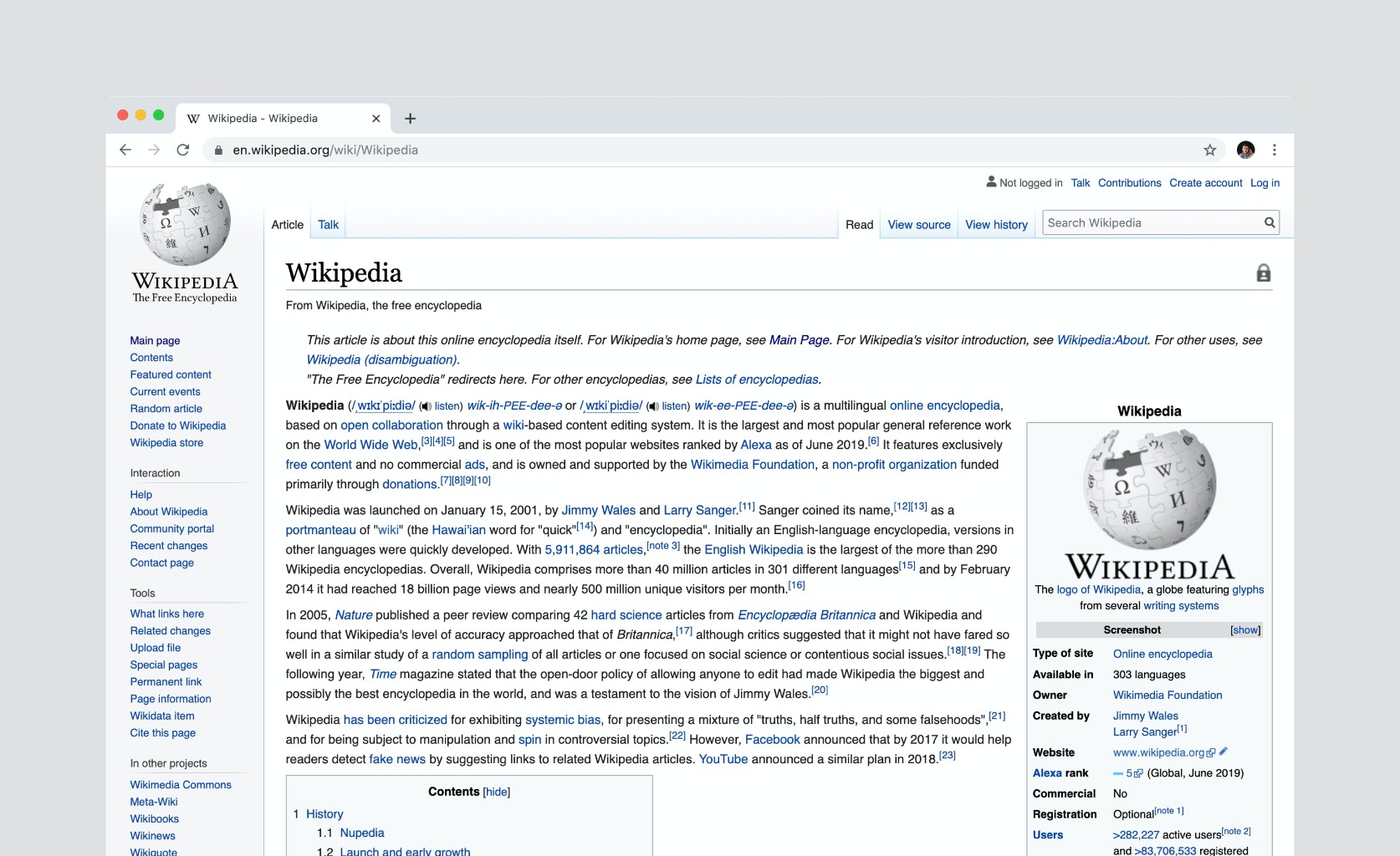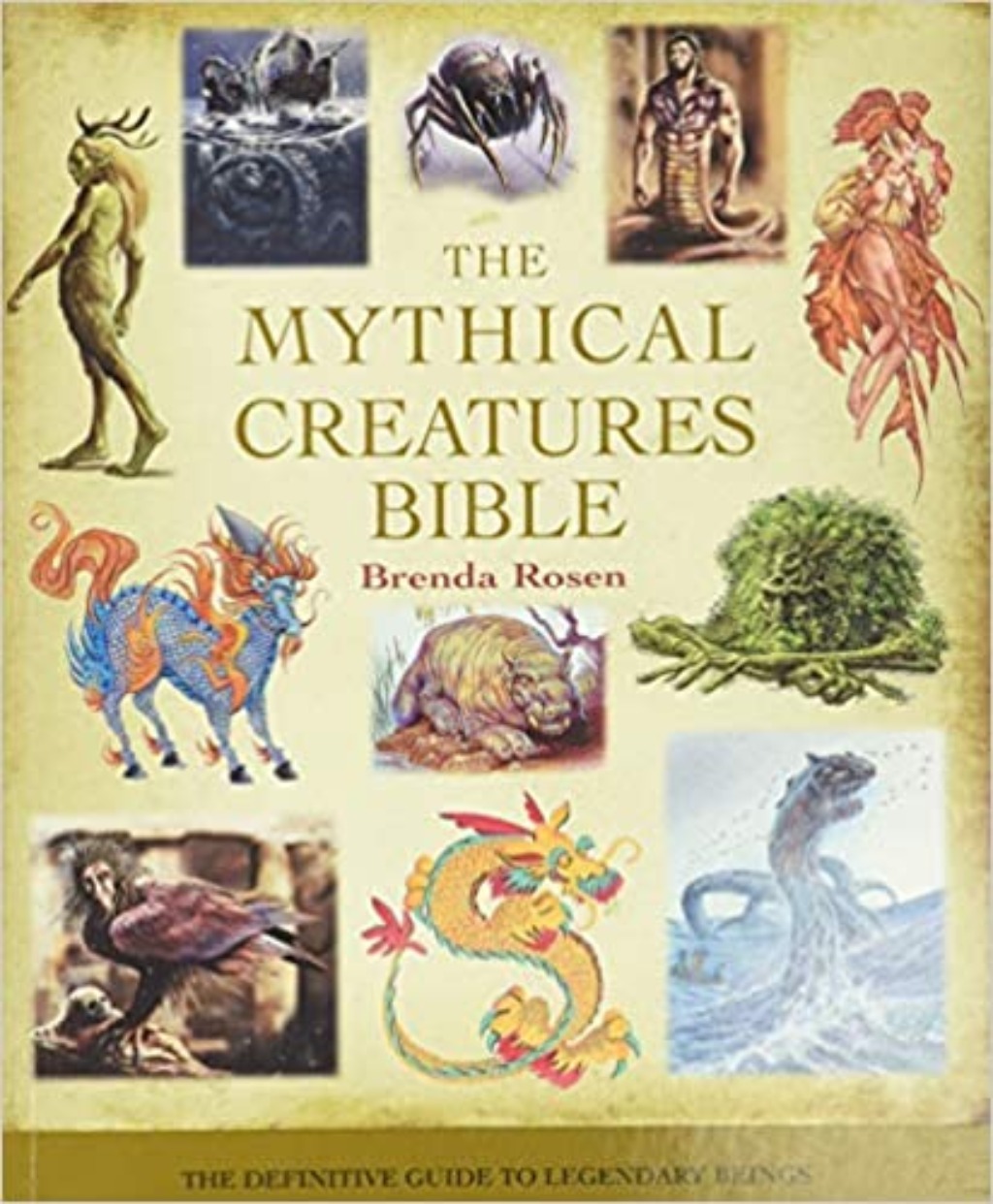No matter what genre you are writing—be it historical fiction, fantasy, sci-fi, romance, etc.—research is incredibly important. It is especially so during the brainstorming phase of your novel when you’re still refining and ironing out your idea. But as you write your book, you’ll find reasons to dive down the research rabbit hole at each stage of the process.
As a former researcher for a game show and the ghostwriter of two historical fiction novels that take place in the Jazz Age, I am no stranger to research. These experiences have taught me a lot of tips and tricks when it comes to doing quality research, as well as techniques that work best for writing a novel.
Here are a few great research tools (and tips on how to use them) to help you along your writerly way.

Google is the world’s most successful search engine for a reason. For practically any topic you can think of, Google will turn up thousands upon thousands (if not millions) of search results related to your topic. One useful tip with Google is to put your query in quotes and to select “Verbatim” rather than “All results” under the “Tools” menu. Doing so will help to narrow your results to those most closely related to your topic.
In addition to its general search, Google offers plenty of other more specific search tools that can be extremely useful when it comes to book research.
Google Books has been one of my favorite research tools in both my work as a game show researcher and as a ghostwriter. There you can find previews of countless books—you may not always be able to see the part of the book you need, but I’ve often gotten lucky in this area. And when you can’t see a certain part of a book, you can also check out a preview of that book on Amazon, which may include the pages you’re looking for.
Another great aspect of Google Books is that there are many books in the public domain that are available for you to read in their entirety. To find these books, just make sure to select “Full view” at the top of the search results.

I end up using Google Images a ridiculous amount whenever I’m writing a novel. Some people are great at visualizing complicated castles or particular city streets, but I tend to need outside sources of inspiration. You’d also be surprised how hard it can be to remember exactly what simple things like certain articles of clothing and cars look like. Google Images provides a wide array of images, ensuring that you’ll find a suit of armor just like the one you want to describe in your story.
Google Translate can be particularly handy when you’re writing fantasy and trying to come up with names for magical places and things. Just take a relevant word like “flame” or “sword” and translate it into several different languages. Amongst these translations, you might find a certain word that catches your eye and gives you a jumping-off point.
Sometimes when you’re writing a book, you might want to set it in a city or place that you’re not intimately familiar with. Google Maps is your best friend in these situations. In one novel I had to plot a course for my characters to travel on foot across several states, and in another, a different cast of characters had to navigate the streets of Paris. So I used Google Maps to look up directions from place to place and figure out how long each walk or trek would take.
Looking up a specific location on Google Maps provides you with a detailed view of the location’s surroundings. Clicking on the pins of various locations will also give you a relevant photo, as well as the location’s address and website.

I know that your teachers probably told you over and over in school that Wikipedia is not a valid research source. And if you’re talking about directly sourcing Wikipedia, those teachers were absolutely right. A lot of the claims in Wikipedia articles are made without any credible backing and are often fairly biased.
However, Wikipedia can actually be a fantastic research resource if you use it in the right way. When you read through a Wikipedia article and find a fact relevant to your story, you should click the link to the source—that tiny number in brackets to the upper right—which will take you down to the article’s “References” section. Here you will be able to actually see the source behind the claim.
Using Wikipedia in this way requires a strong B.S. detector; it’s up to you to determine which sources are legitimate. Reference books, scientific journals, prominent newspapers and magazines, dictionaries, and encyclopedias tend to be solid sources. Websites that look like they were made in an eighth-grade computer class, not so much.

Reference Books
As wonderful as the Internet is for research, sometimes you just can’t beat doing things old school. As mentioned earlier, Google Books and Amazon previews tend to only show you part of the book—you’re not guaranteed to be able to read the chapter relevant to your novel. A lot of Wikipedia sources are also books that you’re not able to read online.
In these cases, you can turn to more tangible sources. If you have the cash to spend, you can find practically any reference book you could think of on Amazon. I recently ordered The Mythical Creatures Bible: The Definitive Guide to Legendary Beings by Brenda Rosen and it has proven a huge help with my fantasy work-in-progress. The book includes in-depth descriptions of mythical creatures from various cultures around the world, as well as beautiful color illustrations.

If you can’t afford to drop a bunch of cash on reference books, never fear! Your local library will likely have whole sections full of books that pertain to your research topic. Librarians are also endlessly helpful when you’re having trouble finding what you’re looking for, and often sweetly curious about your book and what it’s about.
Once you’re armed with your reference books, the library can also be a great place to work on your novel. A love of books is what got most of us into writing in the first place, so it really doesn’t get better than being surrounded by them while you work.